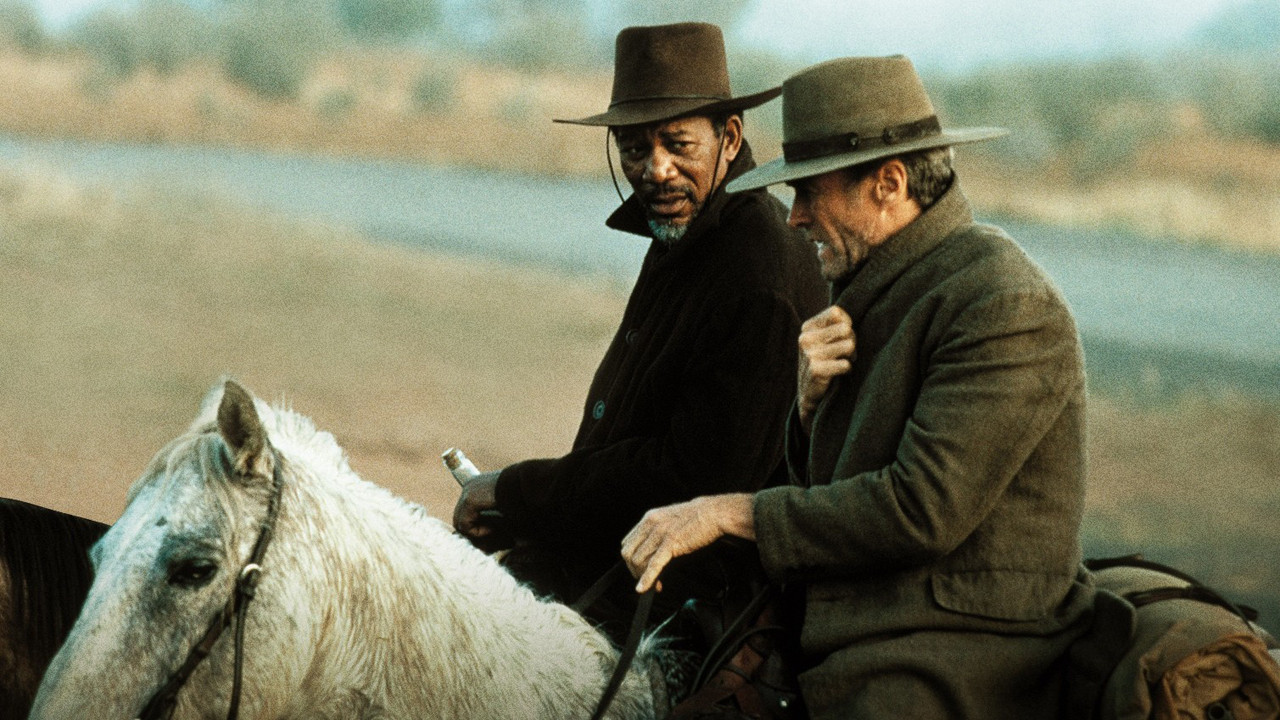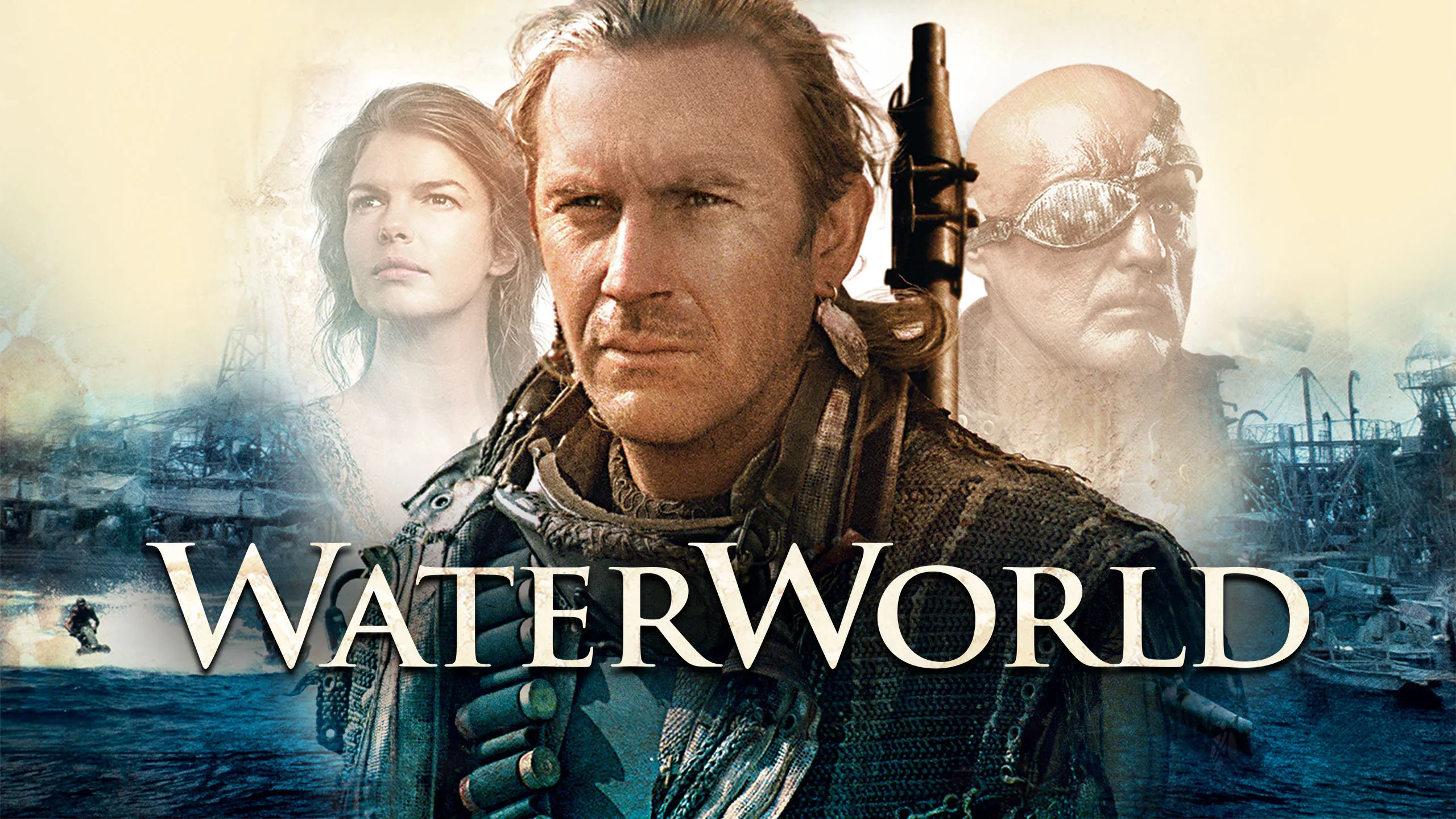Unforgiven (1992): The Western Reinvented
Unforgiven (1992) is more than just a Western—it is a somber, meditative exploration of violence, morality, and the myth of the American gunslinger. Directed by and starring Clint Eastwood, the film is a landmark in cinema history, both as a revisionist Western and a deeply human character study. It dismantles the romanticism of frontier justice, replacing it with moral ambiguity and psychological depth rarely seen in the genre.
Set in the late 1800s, Unforgiven tells the story of William Munny (Clint Eastwood), a once-notorious outlaw and killer who has long since renounced violence. Now a widowed pig farmer struggling to raise his children, Munny is drawn back into his violent past when he’s offered a bounty to kill two cowboys who mutilated a prostitute in the lawless town of Big Whiskey, Wyoming. Though reluctant, Munny agrees to the job, teaming up with his old partner Ned Logan (Morgan Freeman) and a young, boastful gunslinger calling himself the Schofield Kid.

What follows is not a tale of heroism, but of haunting consequences. As the trio embarks on their mission, Unforgiven challenges every expectation of the Western genre. The gunfights are slow, brutal, and awkward—stripped of glory. The "bad guys" and "good guys" are morally indistinct. Even the act of killing, often glorified in older Westerns, is portrayed as disturbing and regretful. The violence in the film is raw and impactful, forcing the audience to confront what it truly means to take a life.
Clint Eastwood’s performance as Munny is a masterclass in restraint and transformation. His character is not a hero but a haunted man—a relic of violence trying to live in peace. Morgan Freeman offers a deeply sympathetic turn as Ned, whose own moral lines are tested as the job progresses. Gene Hackman delivers a chilling and layered performance as Little Bill Daggett, the town’s brutal sheriff. Little Bill claims to uphold order, but his authoritarian cruelty and willingness to inflict violence make him as morally compromised as the men he punishes.
The film’s script, written by David Webb Peoples (Blade Runner), is tight, poetic, and full of philosophical undercurrents. It asks essential questions: Can a man truly change? Is redemption possible after a life of bloodshed? And in the end, who truly deserves to be forgiven?
Visually, the film is stark and atmospheric, capturing the bleak beauty of the American West. Eastwood's direction is patient and confident, favoring silence and space over spectacle. The haunting score by Lennie Niehaus complements the film’s somber tone, with recurring themes of loss and inevitability.

Unforgiven was both a critical and commercial triumph. It won four Academy Awards, including Best Picture, Best Director, Best Supporting Actor (Gene Hackman), and Best Editing. More importantly, it marked a turning point in the Western genre, paving the way for darker, more nuanced stories in its wake.
Three decades later, Unforgiven remains one of the greatest Westerns ever made—not because it celebrates the myth of the gunslinger, but because it has the courage to tear it down.


